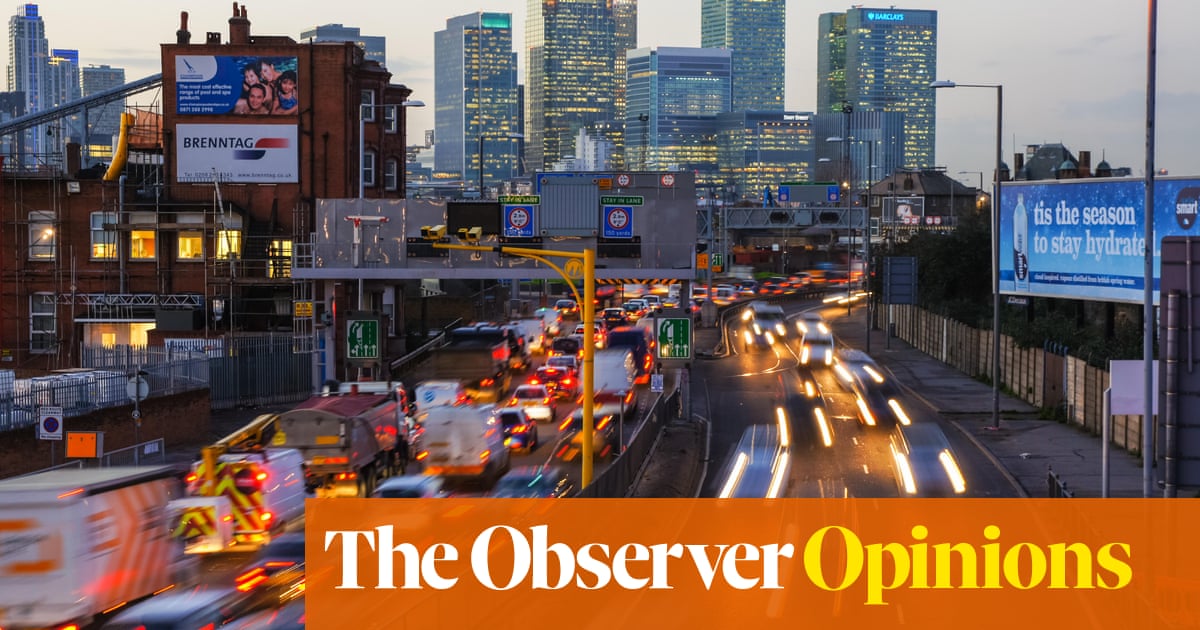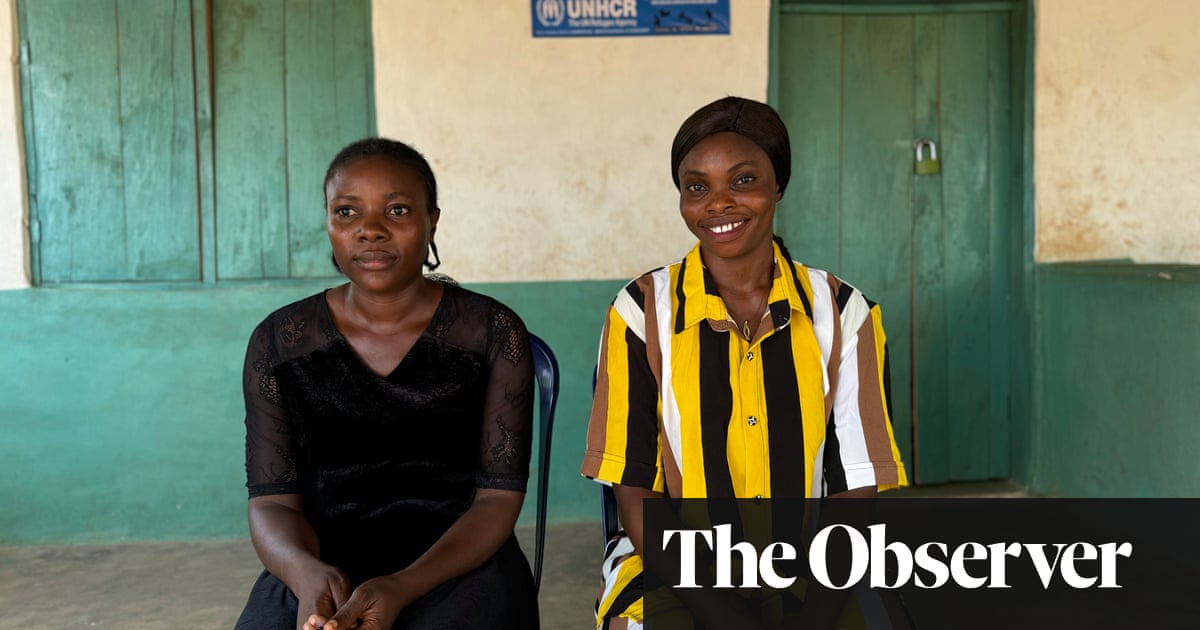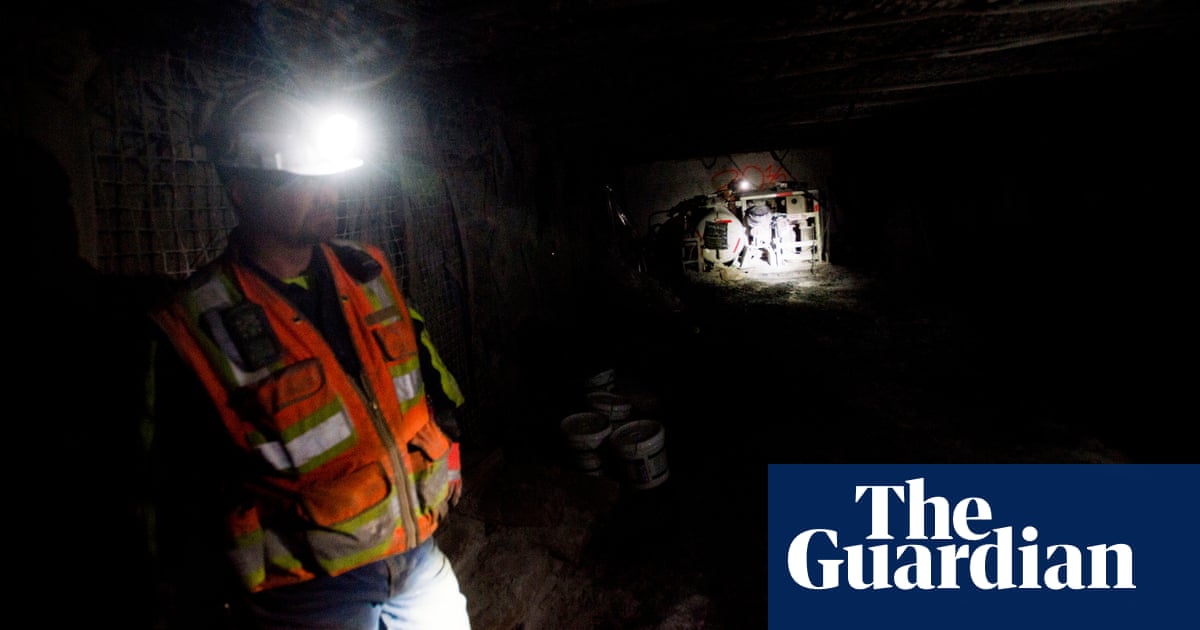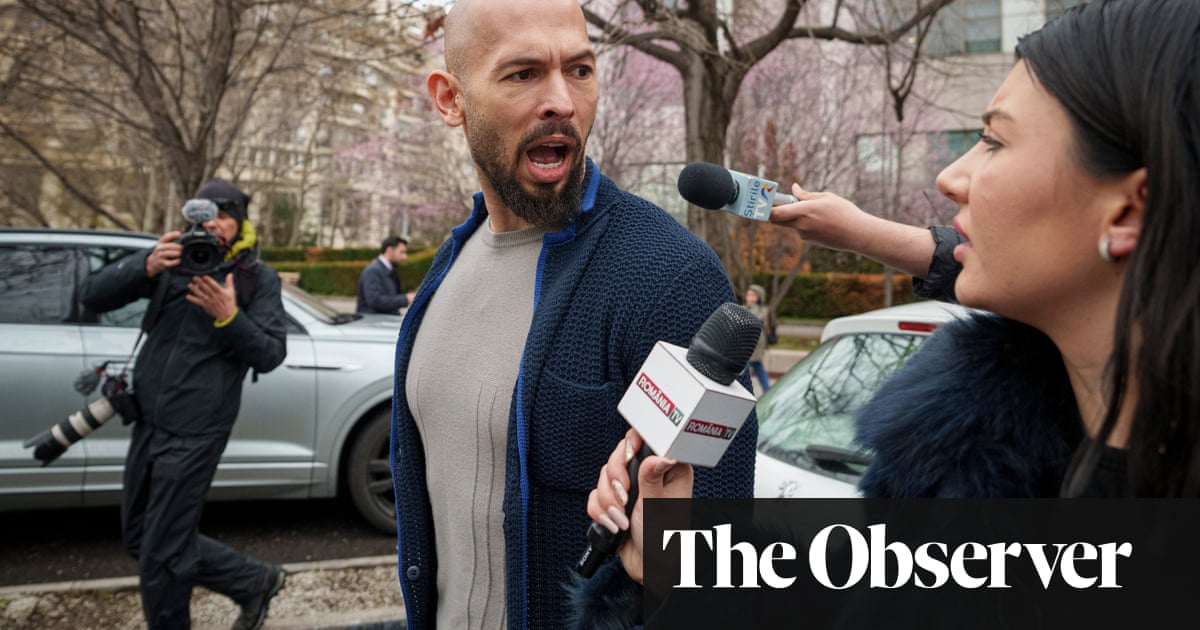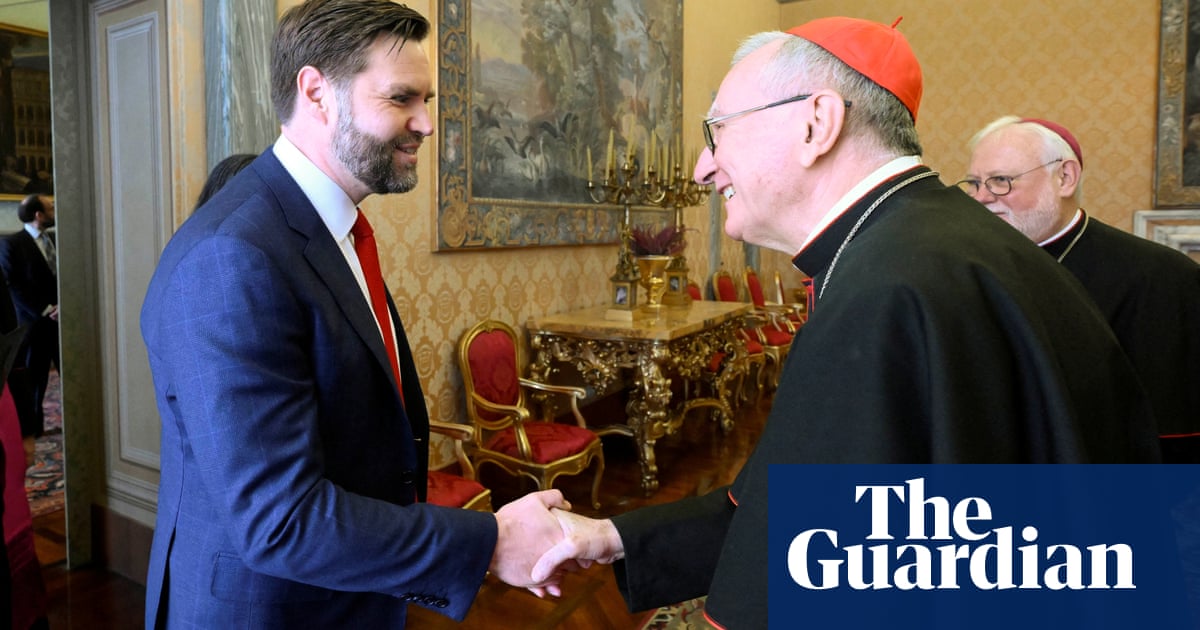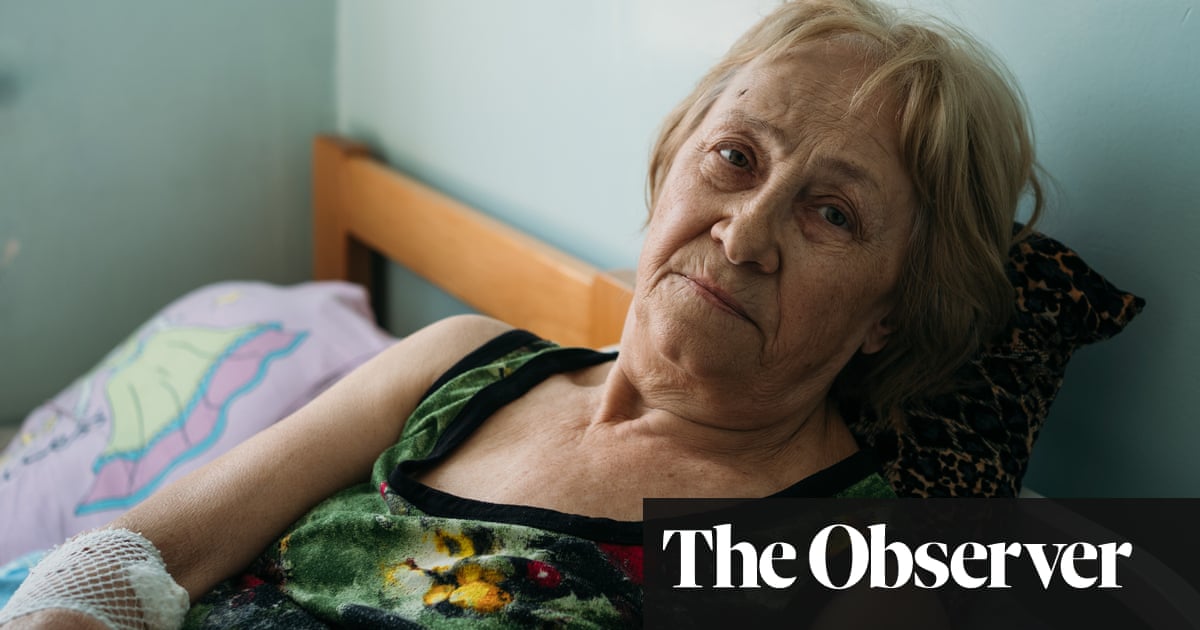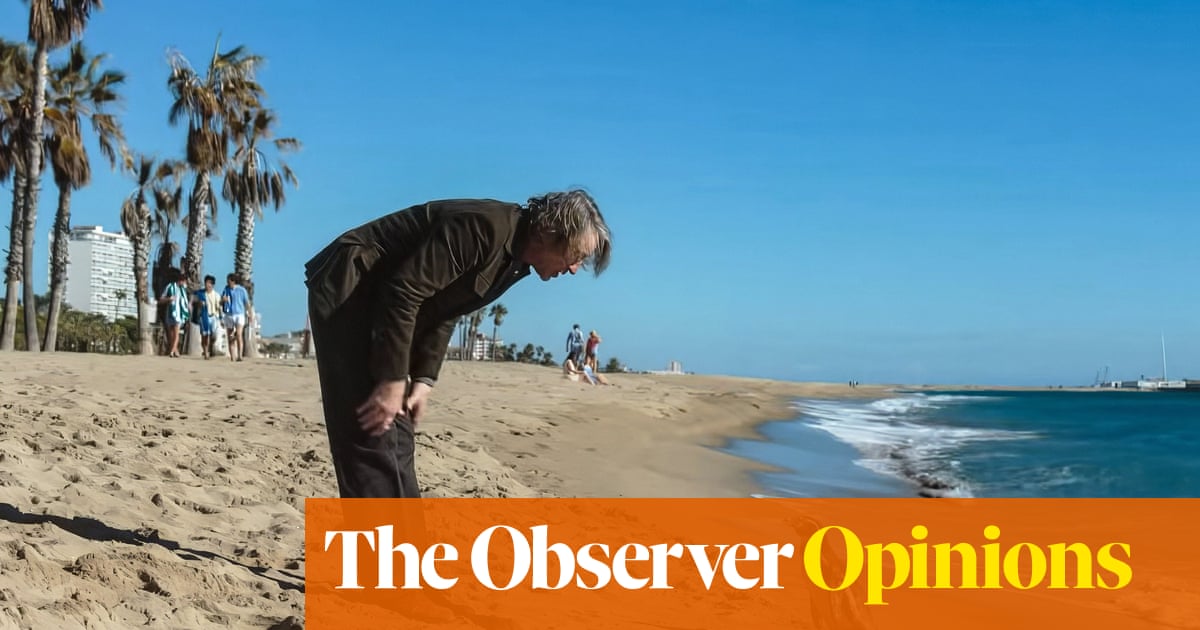-
Ukrainian President Volodymyr Zelenskyy has expressed hope that US president-elect Donald Trump’s “unpredictability” can help end the war with Russia. Trump, who takes office on 20 January, has said he will end the nearly three-year conflict in “24 hours” once in power, a claim that has drawn scepticism from Kyiv, which fears it will be forced to give up land for peace. “He’s very strong and unpredictable, and I would really like to see President Trump’s unpredictability apply to Russia. I believe he really wants to end the war,” Zelensky said in an interview aired on Thursday with Ukrainian TV.
-
The Ukrainian leader has sought to build bridges with Trump and his team since November’s election amid fears the Republican could slow vital US military aid or halt it entirely. Zelenskyy said that Trump could be “decisive” in the war. “He is capable of stopping Putin or, to put it more fairly, help us stop Putin,” he said, “He is able to do this.” Zelenskyy has said that achieving a just peace for Ukraine would mean receiving solid security guarantees from its allies, joining the EU and receiving an invitation to join the Nato alliance, a notion rejected by Moscow.
-
The Ukrainian military said that it had carried out a high-precision strike on Thursday on a Russian command post in Maryino, in the Kursk region, where Ukrainian forces hold chunks of territory after a major incursion. Ukrainian forces remain in the Kursk region five months after sending troops across the border, though the Russian military says much of the lost territory has been recaptured. “These strikes disrupt the ability of the Russian Federation to conduct terrorism against innocent Ukrainian civilians,” the Ukrainian military said in a statement via the Telegram messaging app. The Russian military said air defence units had downed four Ukrainian missiles in the region, and the regional governor said the strikes had damaged a high-rise apartment building and other buildings in an adjacent village.
-
Ukraine has opened a criminal probe into desertion and “abuse of power” after hundreds of soldiers were reported to have fled an army unit partly trained by France, investigators said Thursday. The 155th Mechanised Brigade, dubbed “Anne of Kyiv”, was one of several military groupings formed last year as Ukraine sought to boost preparations for possible new Russian offensives. The unit was to be made up of 4,500 soldiers, with France training roughly half of them and providing equipment. But its development has been beset with problems including what one lawmaker described as poor management.
-
Gas supplies in Europe were stable with the exception of Moldova, the EU said on Thursday, a day after Russian gas transit via Ukraine stopped. Deliveries of Russian gas to Europe via Ukraine pipelines stopped on Wednesday, after Kyiv refused to renew a decades-long arrangement that earned billions of dollars for both countries. Although Russian gas accounted for less than 10 percent of the European Union’s gas imports in 2023 – down from more than 40 percent before Moscow sent troops into Ukraine in 2022 – some of the bloc’s eastern members are still heavily reliant on Russian imports. “The situation is stable with all member States using a mix of regular winter storage and imports from third countries, which provide stable supplies to their consumers”, said Poland, which has just assumed the EU’s rotating presidency.
-
The cut-off of Russian gas supplies to Moldova’s breakaway Transniestria region, however, has forced the closure of all industrial companies except food producers. The mainly Russian-speaking territory of about 450,000 people, which split from Moldova in the 1990s as the Soviet Union collapsed, has suffered a painful and immediate hit from Wednesday’s cut-off of Russian gas supplies to central and eastern Europe via Ukraine. “All industrial enterprises are idle, with the exception of those engaged in food production – that is, directly ensuring food security for Transdniestria,” Sergei Obolonik, first deputy prime minister of the region, told a local news channel. “The problem is so extensive that if it is not resolved for a long time, we will already have irreversible changes – that is, enterprises will lose their ability to start up.”

 3 months ago
92
3 months ago
92





